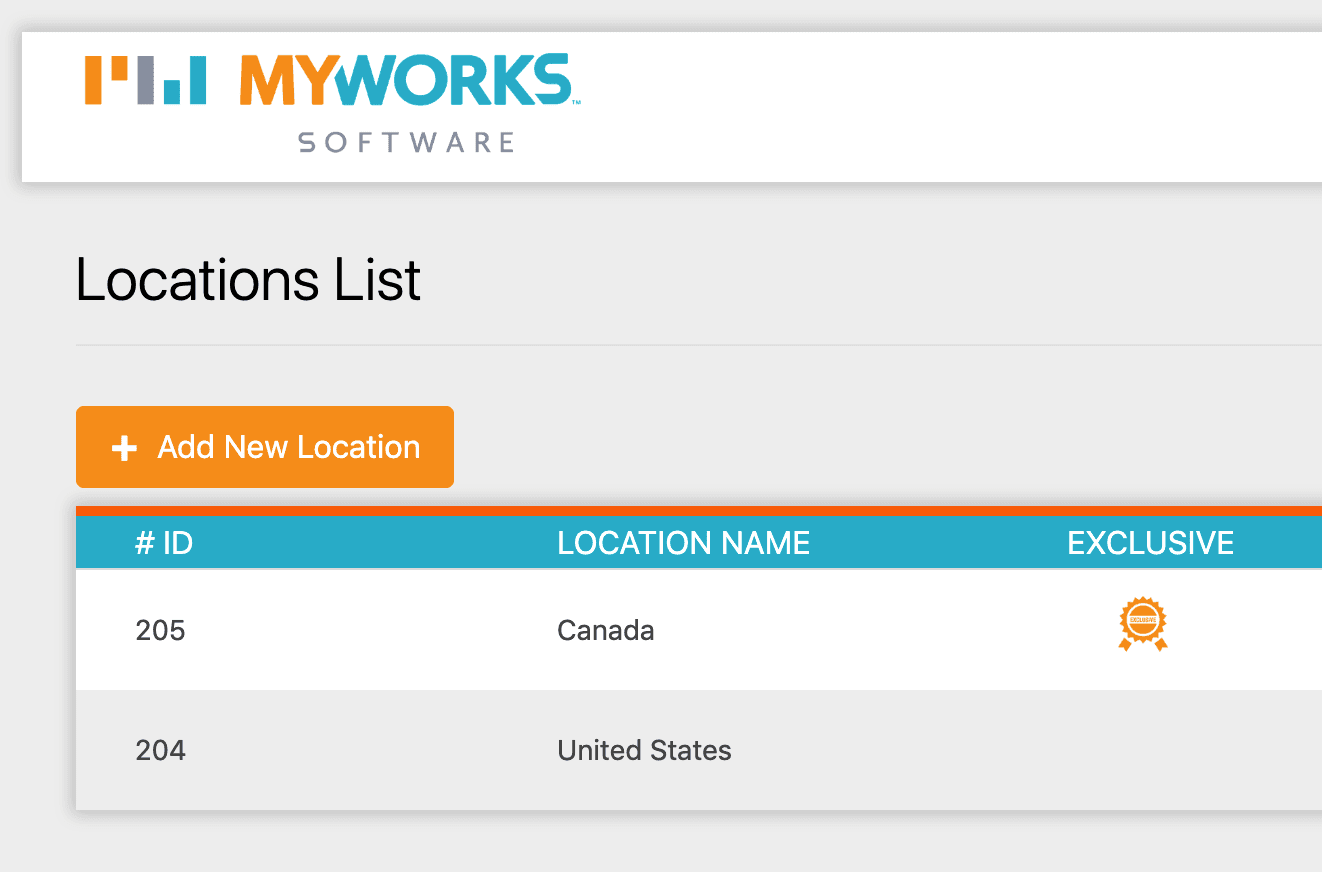By default, inventory can be manually added/updated for each location when editing a product or variation in the WooCommerce admin. Once the inventory is set, and the product is saved, we will recalculate the total inventory for the product/variation to be the sum of the inventory in all locations.
WooCommerce Warehouses is also compatible with retrieving and updating inventory levels over the WooCommerce REST API.
- Inventory is always stored/managed using the location ID. This is set when creating a location in the Locations tab of our integration. The Location ID is used both in the custom fields in the database and over the WooCommerce REST API.

Querying Simple Product inventory
wp-json/wc/v3/products/
We support retrieving inventory levels for simple products via the WooCommerce REST API by including the Warehouse/Location ID in the top-level API response. When sending a GET request for the products endpoint, the response will contain a new property called warehouse - that will contain a list of location IDs and inventory value in that location. The structure is: "locationid": "inventorylevel".
Simple Product (full response)
"warehouse": {
"204": "5",
"205": "9"
}Querying Variation inventory
wp-json/wc/v3/products/000/variations
We support retrieving inventory levels of variations via the WooCommerce REST API by including the Warehouse/Location ID in the API response for each variation. When sending a GET request for the product/variation endpoint, the response will contain a new property called warehouse - that will contain a list of location IDs and inventory value in that location. The structure is: "locationid": "inventorylevel".
Variable Product (full response)
{
"id": 267,
"sku": "LG-12",
"price": "15",
"regular_price": "15",
"warehouse": {
"204": "1",
"205": "3"
},
},
{
"id": 266,
"sku": "M-12",
"price": "11",
"regular_price": "11",
"sale_price": "",
"warehouse": {
"204": "2"
},Updating Product inventory
wp-json/wc/v3/products/
wp-json/wc/v3/products/00/variations/00
We support updating inventory levels for simple products and variations via the WooCommerce REST API with a PUT request. When sending a PUT request for the products or variation endpoint, the request should follow the below structure:
Simple Product
{
"meta_data" : [
{
"key": "_stocks_location_204",
"value": "25"
},
{
"key": "_stocks_location_205",
"value": "20"
}
]
}